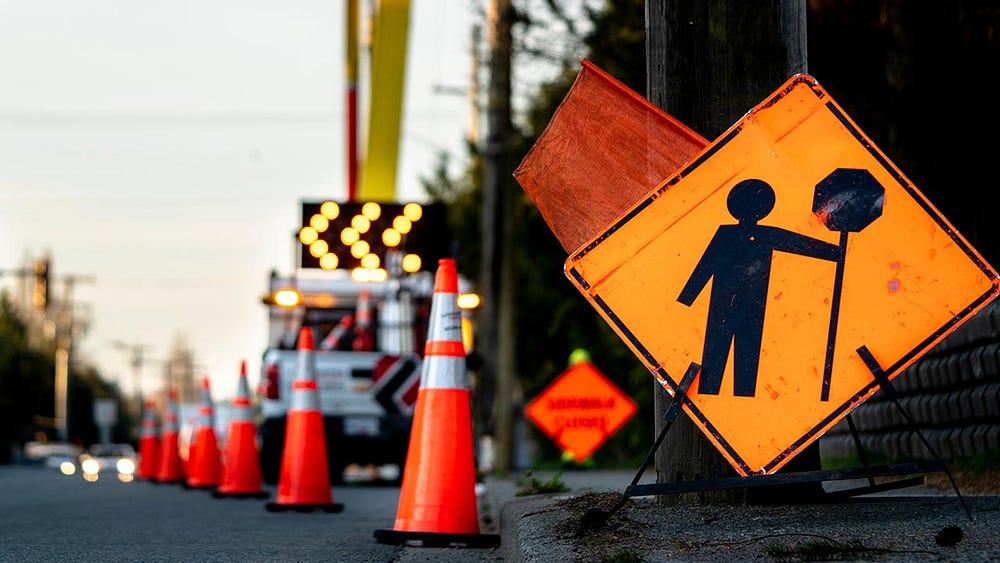Elevate Your Career: Understanding the Yellow Card in Traffic Control
In the world of traffic management, ensuring the safety and efficiency of vehicle and pedestrian movement is crucial. The Yellow Card Traffic Control is a specialized certification that signifies a high level of competency in managing traffic control operations. This certification is essential for individuals seeking to advance their careers in the construction, infrastructure, and event management sectors where traffic control is a critical component.
What is the Yellow Card in Traffic Control?
The Yellow Card Traffic Control is a recognized certification that demonstrates an individual’s ability to safely and effectively manage traffic around construction sites, roadworks, and events. This certification is typically issued after completing a comprehensive training program that covers both theoretical knowledge and practical skills necessary for effective traffic control. It signifies that the holder has met the industry standards for safety and competency in this field.
Course Overview
The training program for obtaining the Yellow Card Traffic Control includes a variety of essential components designed to prepare participants for real-world traffic management scenarios:
- Regulatory Framework:
- Understanding the legal and regulatory requirements governing traffic control.
- Learning about the standards and guidelines set by local authorities and safety organizations.
- Traffic Control Devices:
- Gaining proficiency in the selection, placement, and operation of traffic control devices such as signs, cones, barriers, and signals.
- Learning how to set up and dismantle traffic control zones safely and efficiently.
- Traffic Management Plans:
- Developing and implementing comprehensive traffic management plans.
- Adapting plans to various scenarios, including roadworks, construction projects, and public events.

- Communication Skills:
- Enhancing communication skills to direct traffic effectively and coordinate with other workers and stakeholders.
- Utilizing hand signals, radios, and other communication tools to ensure smooth traffic flow and safety.
- Safety Procedures:
- Emphasizing the importance of personal protective equipment (PPE) and other safety measures.
- Preparing for emergency situations with effective response plans and first-aid training.
Benefits of the Yellow Card Certification
Obtaining a Yellow Card in Traffic Control offers numerous advantages for both individuals and employers:
- Enhanced Employability: Certification enhances job prospects by demonstrating a high level of competency and commitment to safety.
- Regulatory Compliance: Ensures compliance with legal requirements, helping organizations avoid fines and legal issues.
- Increased Safety: Reduces the risk of accidents and injuries by promoting best practices in traffic management.
- Professional Development: Provides opportunities for career advancement and increased earning potential.
The Yellow Card Traffic Control is a valuable certification for anyone involved in managing traffic around construction sites, roadworks, and public events. By completing this comprehensive training, individuals can enhance their skills, improve safety outcomes, and advance their careers. For employers, having Yellow Card-certified staff ensures compliance with regulations and promotes a safer, more efficient work environment. Investing in this certification is a proactive step towards achieving excellence in traffic control operations.
Comments
Post a Comment